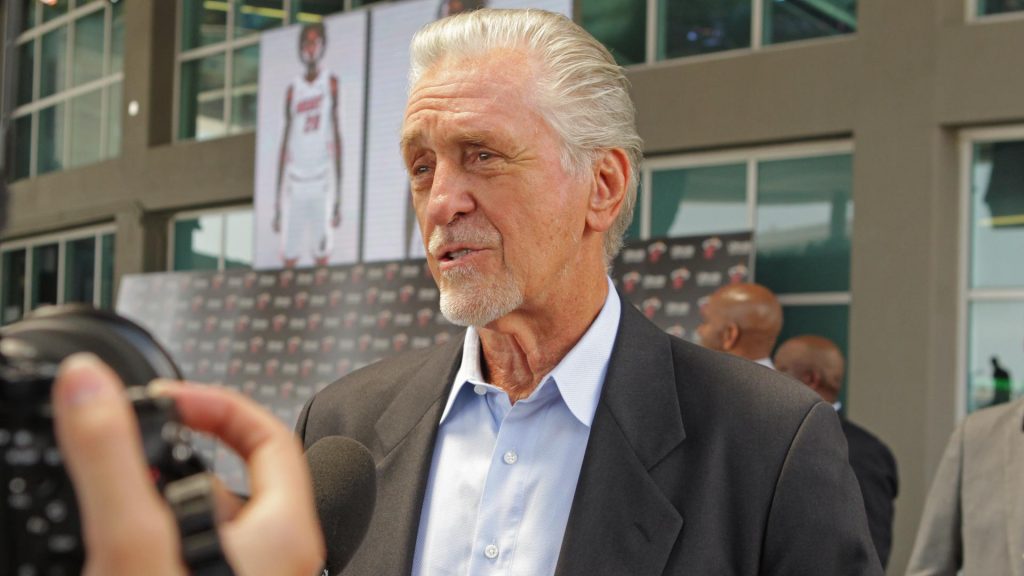It does not seem like the rift between the NBA and China is healing anytime soon. With billions of dollars in revenue on the line, the salary cap for the upcoming NBA seasons could drop. This could affect the Miami Heat, a franchise that is preparing to make a splash or two in the upcoming offseasons.
Last September, the NBA released a salary cap projection of $116 million for the 2020-21 season. According to one recent report, some teams are forecasting that estimate to fall by as much as 15 percent as a result of the impasse between the NBA and China.
The loss of around $17.4 million in salary cap could restrict the spending power of the Heat during the 2021 offseason, when they are currently projected to have significant cap space.
That year’s free agent class looks to be historically stacked. The likes of LeBron James, Kawhi Leonard, Paul George, Giannis Antetokounmpo, Bradley Beal, Rudy Gobert and more could be potentially available.
While it’s possible that the change could dramatically impact the Heat, Ira Winderman of the Sun Sentinel encouraged Heat fans not to panic just yet.
“In the short term, minimally, considering the Heat only would have significant cap space (even under the current projections) next summer if Kelly Olynyk — or less likely, James Johnson — opt out of the final season on their contracts,” he wrote. “The greater impact would be an enduring economic stalemate impacting the 2021 offseason, when the Heat are projected for significant cap space. In that case, there might be a push to expedite a potential play for Bradley Beal, rather than waiting for Beal to reach free agency in ’21. For the moment, it probably is too early to consider doomsday economic dire. But it does show how reliant the NBA became on the China impact.”
With much less money to lure some of these players to South Beach in the 2021 free agency, the Heat could instead go the trade route to improve the roster and partner Jimmy Butler with a star running mate, such as Beal.
Team president Pat Riley had already said he aims to show restraint in trade discussions. But with all the latest development, he might have to rethink his plans.

